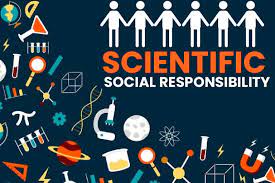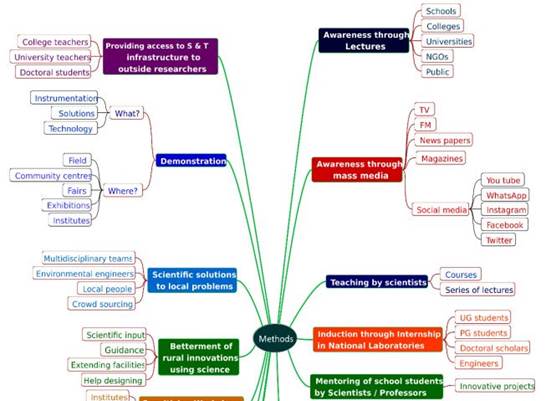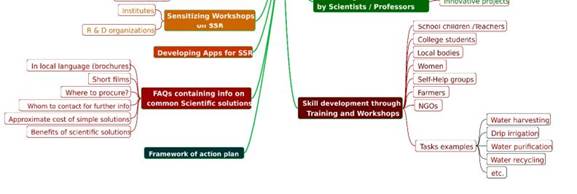Free Courses Sale ends Soon, Get It Now


Free Courses Sale ends Soon, Get It Now



Disclaimer: Copyright infringement not intended.
Context
Scientific social responsibility
Objective
This specifically implies:
Broad Guidelines
SSR guidelines are to be implemented through the following specific strategies:

Methods

Benefits
SSR has the potential to bring scientific and innovative solutions to societal problems, especially marginalized sections of society, thereby transforming the country. Some of the envisioned benefits of SSR include:
Conclusion
https://www.pib.gov.in/PressReleasePage.aspx?PRID=1845323
https://dst.gov.in/sites/default/files/SSR%20Guidelines%202022%20Book_0.pdf
© 2024 iasgyan. All right reserved